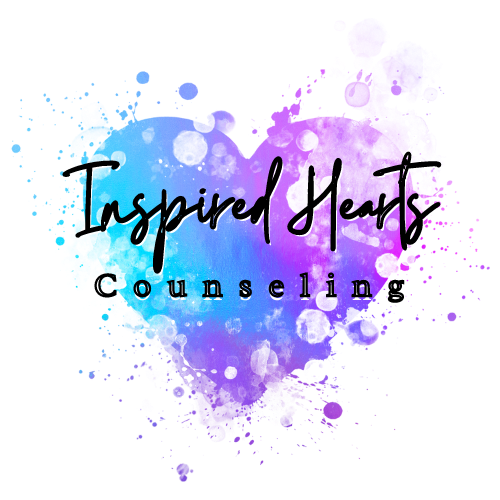What is Depression?
The word “depression” gets thrown around quite a bit, but what does it really mean to be depressed? Some common symptoms of depression include feelings of sadness, lack of motivation, changes in sleep patterns, changes in appetite, loss of interest in activities, the inability to feel pleasure, feelings of hopelessness. People who are depressed can experience just some or all of these symptoms.
What depression is:
Depression is an illness, just like heart disease or asthma
Depression is the leading cause of disability worldwide (World Health Organization, 2017)
Depression affects over 17.3 million adults in the US alone (National Institute of Mental Health “Major Depression”, 2017)
1.9 million children age 17 and under have diagnosed depression (Centers for Disease Control “Data and Statistics on Children’s Mental Health”, 2018)
Depression affects all races, ages, socioeconomic statuses, and genders, though it is more prevalent in women than men
Depression affects not just the mind, but the body as well
Depression is the cause of more than two thirds of reported suicides in the US (White House Conference on Mental Health, 1999)
About 80% of those treated for depression show an improvement in their symptoms within four to six weeks of beginning medication, psychotherapy, attending support groups or a combination of these treatments. (National Institute of Health, 1998)
Despite these high successful treatment rates, nearly two out of three people suffering with depression do not actively seek treatment. (DBSA, 1996)
What depression is NOT:
Depression is not a sign of weakness
Depression is not a choice. It is not something people can just “snap out of.” You would never expect someone to just “snap out of” asthma or heart disease
It is not the same as feeling sad or down, though these feelings are often one component of depression
It does not look a certain way. Someone does not have to “look” depressed
Depression is not something to feel ashamed of
What can you do about it?
If you suspect that you are depressed, seek help from a licensed mental health professional. I treat depression in my online private practice with people who live in New Jersey and Florida. There are plenty of resources out there if you are not in those areas. Psychology Today is a great resource to look up both therapists and psychiatrists in your area: www.psychologytoday.com. As mentioned above, treatment for depression has a very high success rate.

